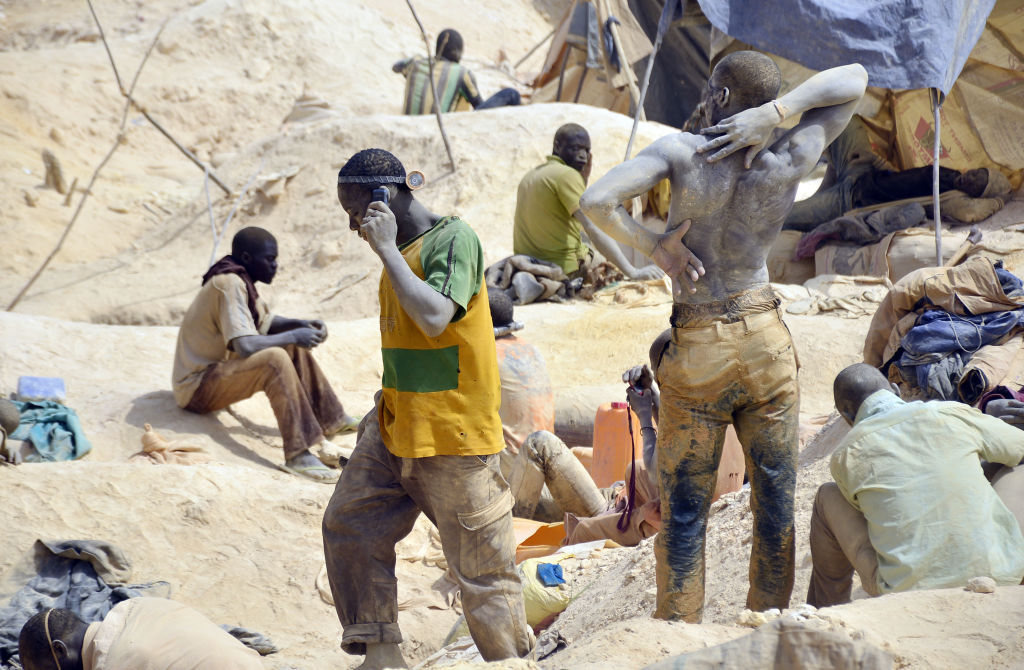Mustafa Ibrahim was in a financial bind. The 48-year-old was a welder in a suburb of Lagos, Nigeria, but business had been slow. One night in April 2024, Ibrahim returned home and went online, where he saw a WhatsApp video of an old friend who asked viewers to join him in Burkina Faso.
In the video, Ibrahim’s friend spoke knowledgeably about Burkinabe cities and glowingly of Capt. Ibrahim Traoré, Burkina Faso’s junta leader. Ibrahim was impressed by his friend’s expertise and sent him a message about jobs in Burkina Faso.
“Three days later, he said I needed N1.15m [$1,775] to process the trip,” Ibrahim told The Africa Report.
The friend connected him to an employment company in Ouagadougou, Burkina Faso’s capital. Ibrahim sold his tools and borrowed money from friends to fund his journey, which led him to the agency’s office in Bobo-Dioulasso, near the border with Côte d’Ivoire and Mali. There, he saw dozens of other job seekers.
“The would-be job had no description and no clear terms,” Ibrahim told The Africa Report. “But I was hopeful about getting a better life.”
Ibrahim and the other men had to watch numerous propaganda videos touting Traoré and framing Burkina Faso as economically progressive. For 11 days, they were lectured on Burkinabe cities, military leaders and other topics. They weren’t allowed to use their phones. An official told Ibrahim his friend on the WhatsApp video had been transferred to a gold company.
Ibrahim spent more than two weeks in the house. He eventually was told to record a social media video posing as a representative of the job agency. He was told what to say.
“It was almost word-for-word what my old friend posted on WhatsApp that got me interested in the dollar-paying job,” Ibrahim told The Africa Report. He realized he was likely caught in a human trafficking scheme. That night, he got his money from his luggage, broke through a window and escaped.
The Africa Report interviewed 15 people from Ghana, Mali, Nigeria and Togo who were similarly lured by traffickers. Some are still trapped in Burkina Faso.
Osei Kojo, 26, said he escaped traffickers in Bobo-Dioulasso but could not return to his hometown in south-central Ghana because he sold his late father’s land to fund his journey.
“It’s unreal!” Kojo told the magazine. “They give you false assurance of lucrative employment, plenty of gold and security but when you meet them, they subject you first to unrealistic hopes and later to their inhumane control. Now I feel empty and too ashamed to return home.”
Ali Seydou, a 47-year-old tea peddler in Bobo-Dioulasso, said he was confused by the growing number of stranded African migrants doing menial work in the city.
“I have spoken to a few migrants and most thought there was a big fortune here,” Seydou told The Africa Report. “But as their numbers grow, I wonder if those who are migrating here know that in my country it’s probably like where they are coming from. Why do more still come? Why here?”
Traffickers in Burkinabe cities use the same pro-Russian media and pro-junta propaganda that praise Traoré and other Sahelian junta leaders to lure Africans into a false promise of well-paying jobs.

